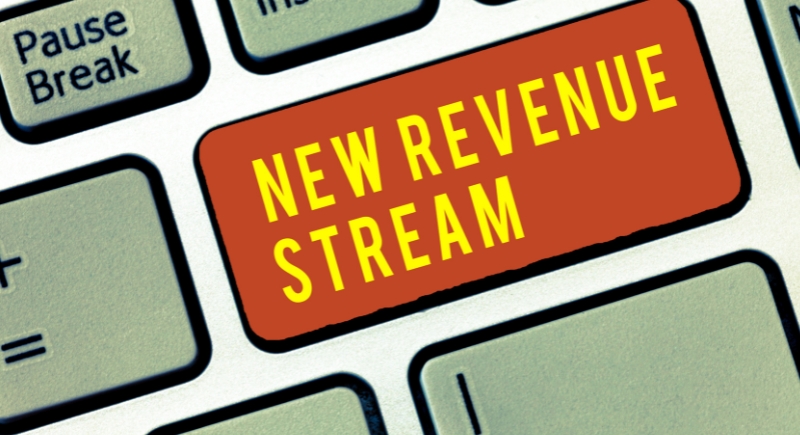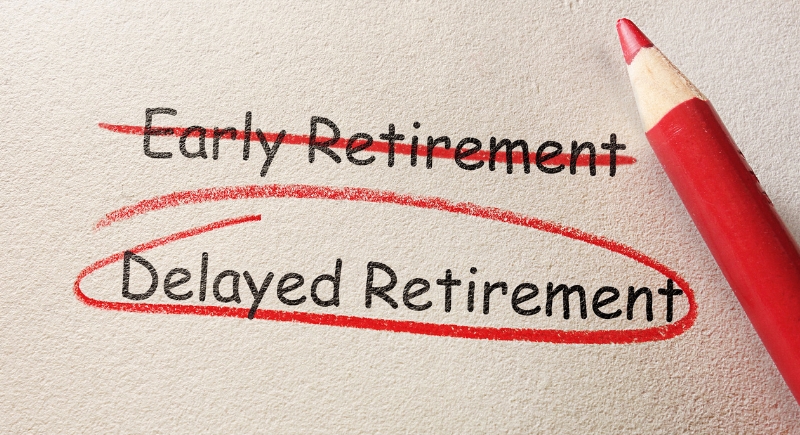Why the Final 5 Years Can Make or Break Your Retirement
You spend decades building toward retirement, but the final stretch before you clock out for good is where the real heavy lifting happens. The five years leading up to it are when your financial decisions become more immediate and the stakes rise. It’s the final call to patch leaks, firm up your plan, and stress-test your future lifestyle.
Find out if you’re heading in the right direction, or if it’s too early to consider retirement.
Start Living on Your Future Budget

Credit: Getty Images
Cut back on the spending you’d naturally drop post-retirement and live only on what you expect to have coming in. This is the best way to give yourself a reality check. Better to find out now if your retirement plan funds Netflix but not the golf membership.
Rethink Where You Want to Live

Credit: pexels
Before deciding where to retire, spend some real time there. Shop for groceries, handle errands, see a local doctor, and pay attention to daily routines. Living like a resident, even briefly, tells you much more than a vacation ever will. Make your choice after experiencing real life.
Run the Numbers Like You Mean It

Credit: Salang889
That old rule of thumb isn’t your best bet. Work on your real expenses and stack those against real income sources, including Social Security, pensions, rental income, everything. Don’t forget taxes and inflation. Play around with different scenarios, as it is better to be overly cautious now than find yourself penny-pinching in your 80s.
Create a Back-Up Retirement Plan

Credit: Getty Images
What if your big retirement dream turns out too pricey? Think through a more affordable alternative that would still meet your basic needs. Ask yourself what the minimum viable version of retirement looks like—one that still feels satisfying, even if it’s less ambitious than your first draft.
Audit Your Debt and Pay It Down

Credit: Canva
Interest charges can eat away at savings faster than you expect. Scrutinize your balances, including mortgage, credit cards, and auto loans, and pick a few to knock out before you stop working. Less debt gives you more freedom and reduces the strain on your retirement savings.
Secure Additional Income Streams

Credit: Getty Images
Find ways to bring in extra income before you retire. Take on side work, freelance, or turn a hobby into something profitable. Even a small monthly boost adds up over time and can make your finances more comfortable once you’re living on a fixed income.
Understand Your Timeline

Credit: Canva
Estimate how long you’ll be retired. This depends partly on health and family history. Someone whose relatives routinely live into their 90s should plan for a much longer retirement than someone from a family with shorter lifespans. This estimate affects how much you need to save and how long your money must last.
Look Into Required Minimum Distributions

Credit: Canva
Once you hit age 73, the government wants its cut from your tax-deferred accounts. These required minimum distributions (RMDs) can affect your taxes and your cash flow. Map out how much you’ll need to take and when.
Inventory All Your Assets

Credit: 89Stocker
It’s not just savings accounts that count. Include real estate, investment properties, inheritances, and even items you could sell if necessary. Make a realistic inventory of everything you might need to draw on during retirement.
Plan for Medical Emergencies

Credit: Getty Images
Beyond regular checkups and prescriptions, what happens if one of you ends up needing months of care? Think about how a long illness could affect both partners financially. Are your health and life insurance plans enough to protect the survivor if shared resources get drained?
Set Up Regular Plan Reviews

Credit: Getty Images
Life changes quickly in your 60s. Job shifts, family responsibilities, and market changes can all reshape your financial picture. Make it a habit to review your retirement plan annually during this five-year period. Look at spending, savings, timelines, and assumptions.
Rebalance Your Investments

Credit: Getty Images
You don’t have to go full cash-under-the-mattress, but this isn’t the moment for wild bets. Shift toward lower-risk investments that aim to preserve what you’ve built. Make sure your portfolio reflects your newer, less aggressive goals. Chasing high returns too close to retirement can backfire fast.
Avoid Wishful Thinking

Credit: pexels
It’s tempting to cross your fingers and hope it all works out. Maybe your house keeps appreciating. Maybe your health holds up. But now’s the time to challenge your assumptions. What if costs run higher? What if a benefit disappears? Identify the weak spots so you can fix them while you still have options.
Spell Out What Retirement Actually Looks Like

Credit: pexels
A fuzzy idea of “freedom” won’t steer you in the right direction. Think through your future mornings and detail the lifestyle. A clearer picture makes it easier to pin down costs and avoid building toward something you won’t enjoy.
Be Willing to Delay Retirement

Credit: Getty Images
If your numbers still don’t line up, pushing back retirement by even a couple of years can help. More savings, fewer years to fund, and higher Social Security benefits all add up. It might not be Plan A, but sometimes buying time is the smartest investment you can make.